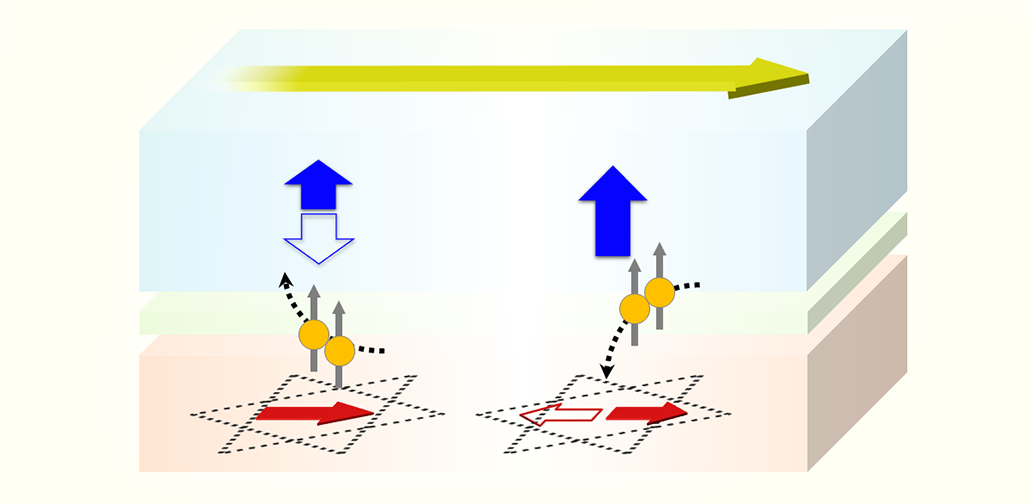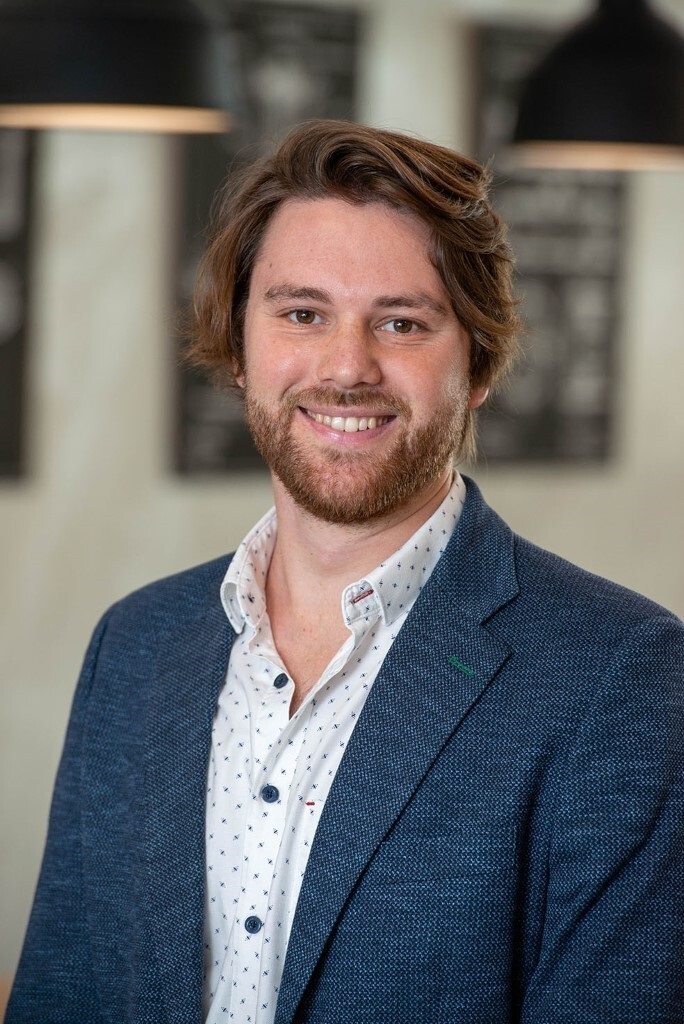By Dr Shantha Raghwan, the Queensland Deputy Chair of the Australasian College for Emergency Medicine.
Bed block, due to a severe lack of hospital beds and a shortage of skilled staff to care for the patients in them, has worsened exponentially. We used to run out of beds every now and then in winter, then it started happening a few times a month, then a few times a week to now being constant. And things are only getting worse.
The current hospital crisis has not been caused by COVID-19. COVID merely exposed and worsened existing issues. The system pressures that lead to ambulance ramping, emergency department overcrowding, and worsening health outcomes have been growing for decades. We have been calling for help with these issues for just as long.
COVID-19 numbers have spiked recently. We are also now seeing patients with influenza, and other seasonal respiratory viruses. People haven’t encountered these bugs for a few years so immunity is low, and there is less knowledge about how to manage these conditions at home, plus reduced access to primary care to manage health problems in the community.
We are seeing delayed presentations, for example, people who couldn’t get their hip replaced, or gall bladder surgery, or investigations for their heart disease during the last two years because of the pandemic. Their conditions are now much worse, so they present to ED much sicker.
We are seeing a massive increase in mental health presentations, with no capacity available for transfer to services that provide care to people who need urgent mental health support.
Paediatric presentations have exploded. We are seeing more sick and injured kids presenting to EDs than ever before. In the past, it was unfathomable to have bed block for children. Now it is becoming normalised.
But this situation isn’t normal. It is not fair, and it is not safe.
Health are critical. There is a dangerous shortage of nurses, with many senior nurses leaving the profession. When senior clinicians leave, we also lose the decades of experience that they might have passed onto their junior colleagues. When senior staff leave the hospital system, we steal from the future health workforce.
On top of this, there are COVID-19 related furloughs – both medical and nursing – with confusion around furloughing guidelines compounding roster shortages.
Staff are burnt out, and often can’t take the annual leave they need to recover as there aren’t enough staff left to cover for them.
A colleague said to me, “We are fed up, we are broken, and we are exposed.”
We are straining to give patients the timely care they need – the care that we desperately want to give them – and we are worried about missing things amongst the current chaos. We are worried a patient will suffer, or worse, and that we will be held personally responsible for something that occurred because of systemic pressures that we have no control over.
Please, to anyone in ED waiting rooms: we healthcare workers know the waits are really long. We are doing our best to provide the best care to you all with limited resources. We wish we had the resources to see you faster. We have to prioritise the sickest, most life-threatening cases first. But we will get to you, and we will always take good care of you.
To all Queenslanders, please know that we can’t control the conditions. We need your help. Our voices alone over the past two decades have not changed anything. The people of Queensland must speak for us. Please step up and tell our leaders – the federal and the state governments – fix our health system, now. And this weekend, vote like your health depends on it.
And to any candidates running for office – we know the problems with health care are complex and longstanding. But we are here, and ready, to help you design a better, fairer system to provide our community’s needs in the timely fashion they deserve.
Because what is happening in Queensland, and the entire Australian health system, is not normal. It is not safe, but we can fix it, working together.
Background:
ACEM is the peak body for emergency medicine in Australia and New Zealand, responsible for training emergency physicians and advancement of professional standards.








